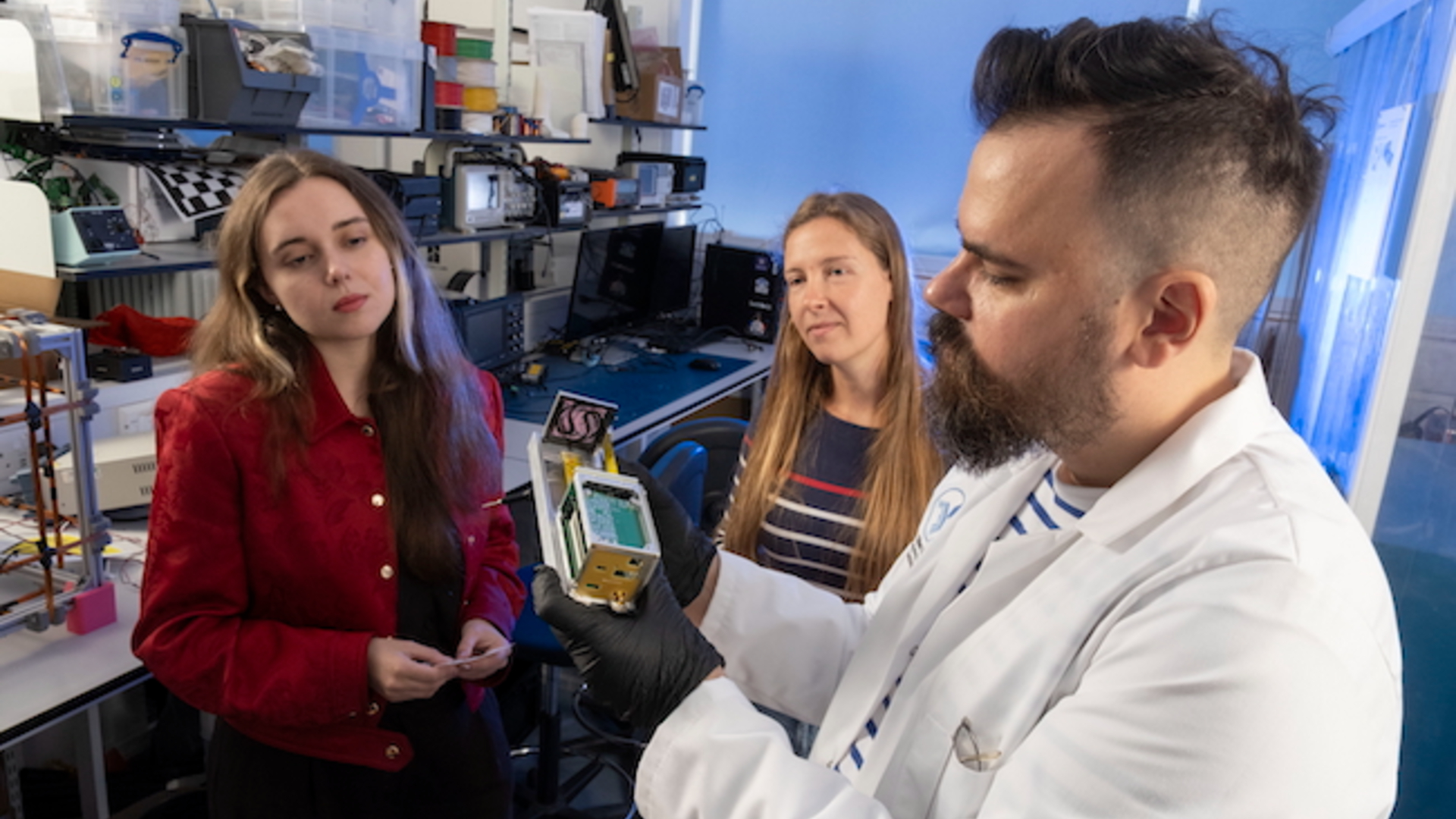USC Students' Rocket Reaches Space in Record-Setting Launch
A group of undergraduates launched what is likely the first-ever student designed and student-built rocket past the boundary of space, the University of Southern California (USC) announced today (May 22). Their achievement, if confirmed, completes a decade-long informal competition among engineering schools worldwide to create the first university rocket to achieve spaceflight, officials from USC's Rocket Propulsion Laboratory said in a statement.
Internal analysis shows the students' vehicle, called Traveler IV, crossed the Karman Line that represents the international boundary of space at an altitude of 62 miles (100 kilometers). The analysis confirmed the achievement with 90% certainty, USC officials added.
Students launched the rocket April 21 from New Mexico's Spaceport America, where future space-tourism provider Virgin Galactic is the anchor tenant. The rocket successfully flew aloft at 7:30 a.m. local time, reaching a maximum recorded altitude of 339,800 feet (64.4 miles, or 103.6 km), and a top speed of 3,386 mph (5,449 km/hr).
Related: Virgin Galactic Moving Test Flights to New Mexico to Prep for Commercial Operation
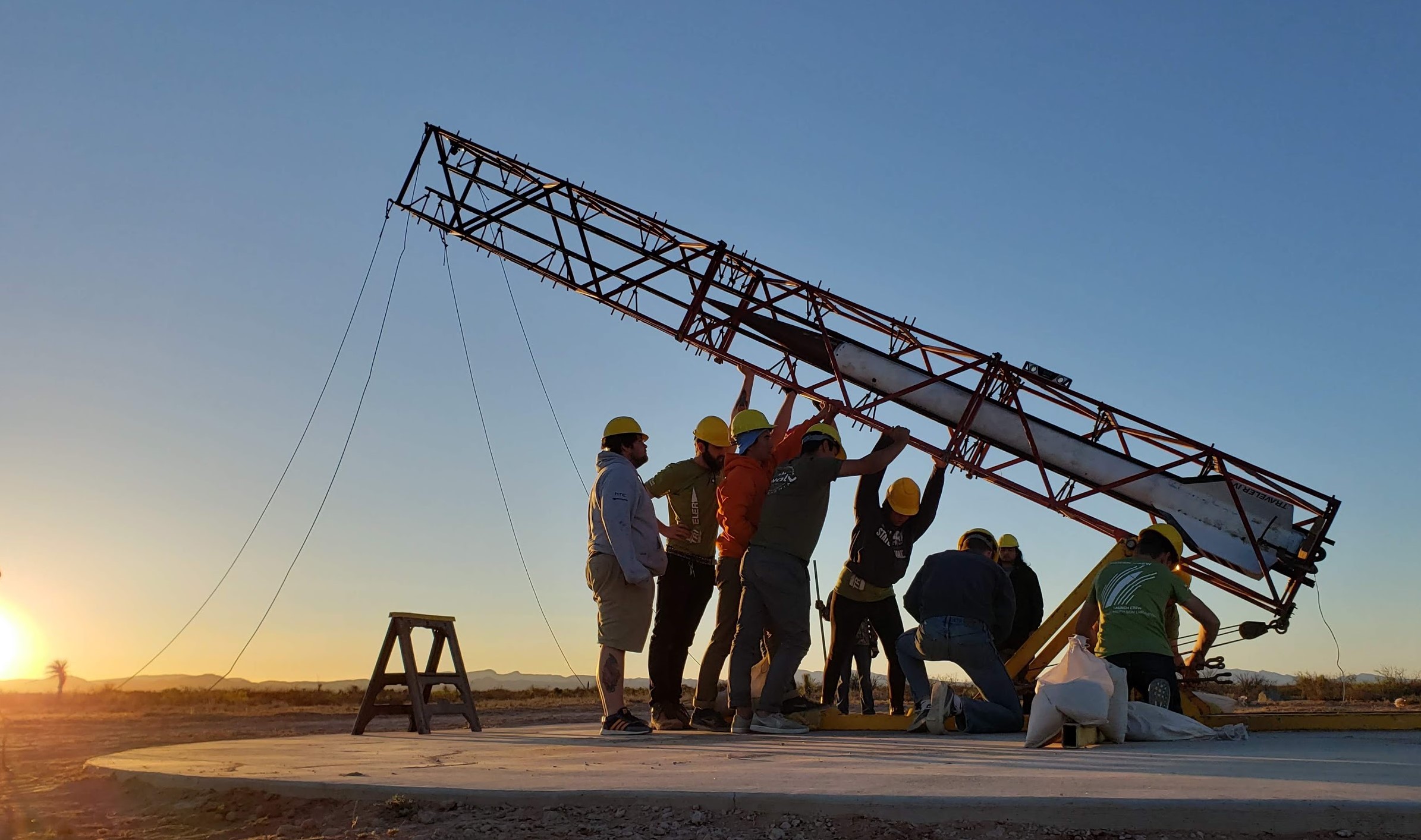
Scroll through views of the record-breaking launch here.
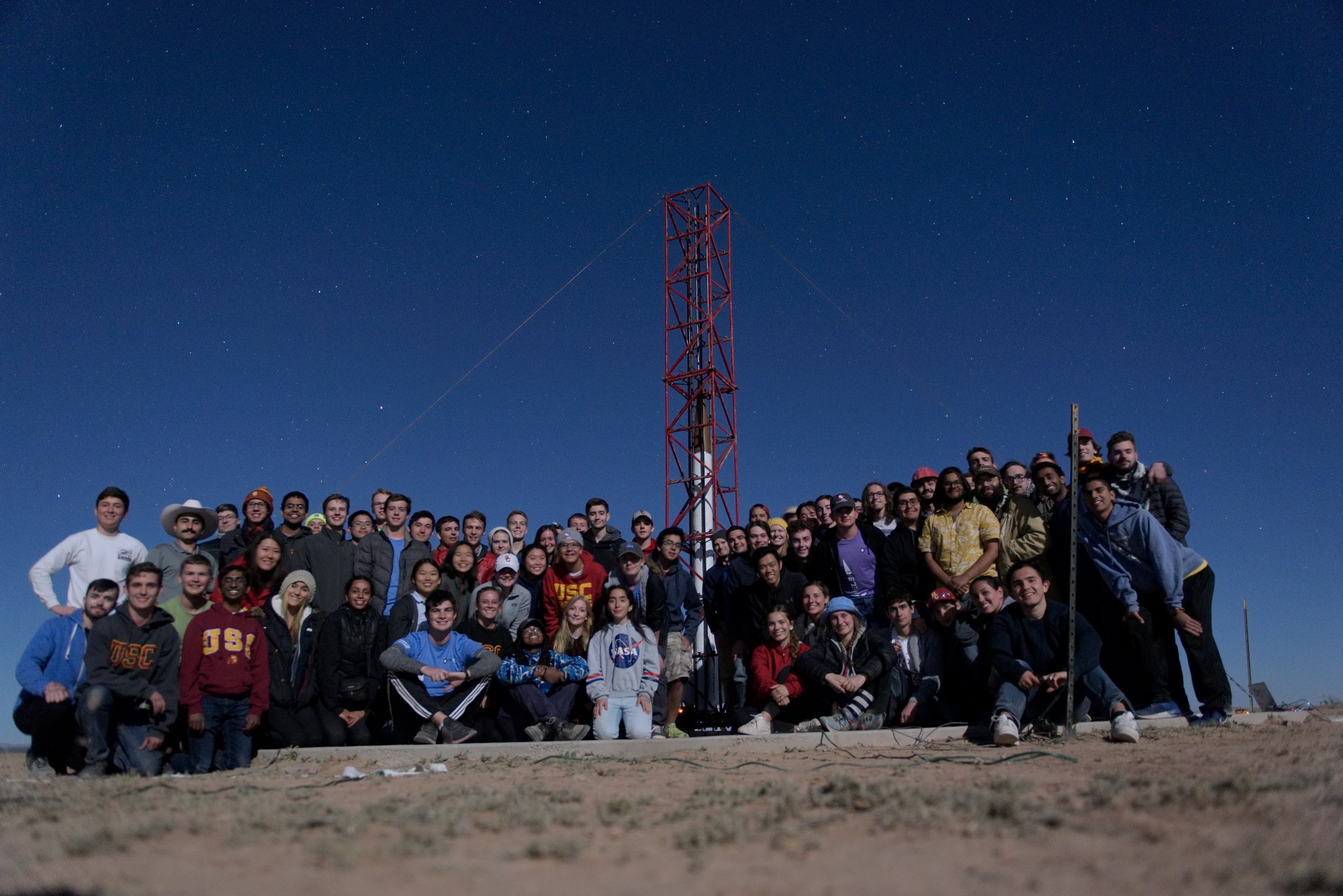
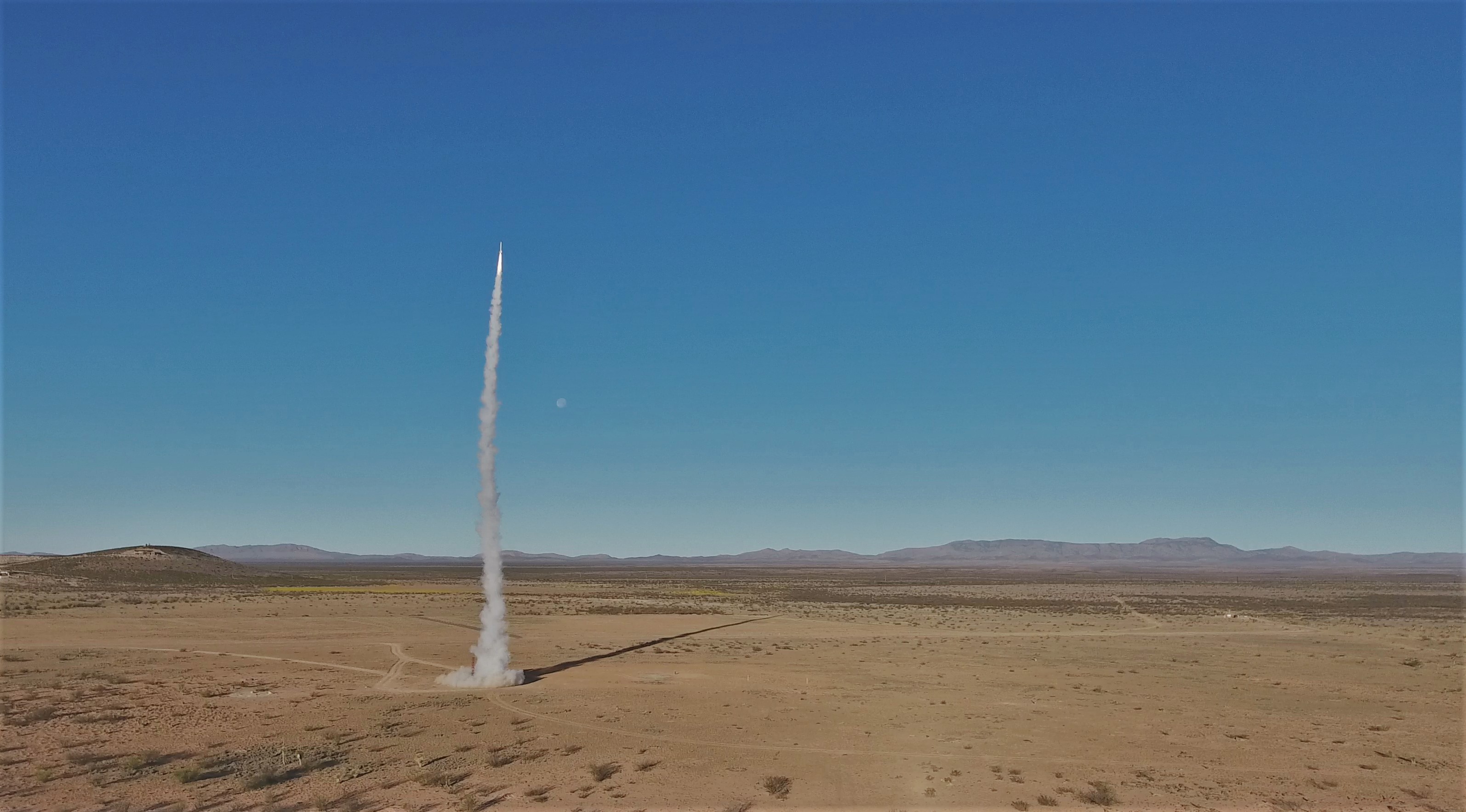
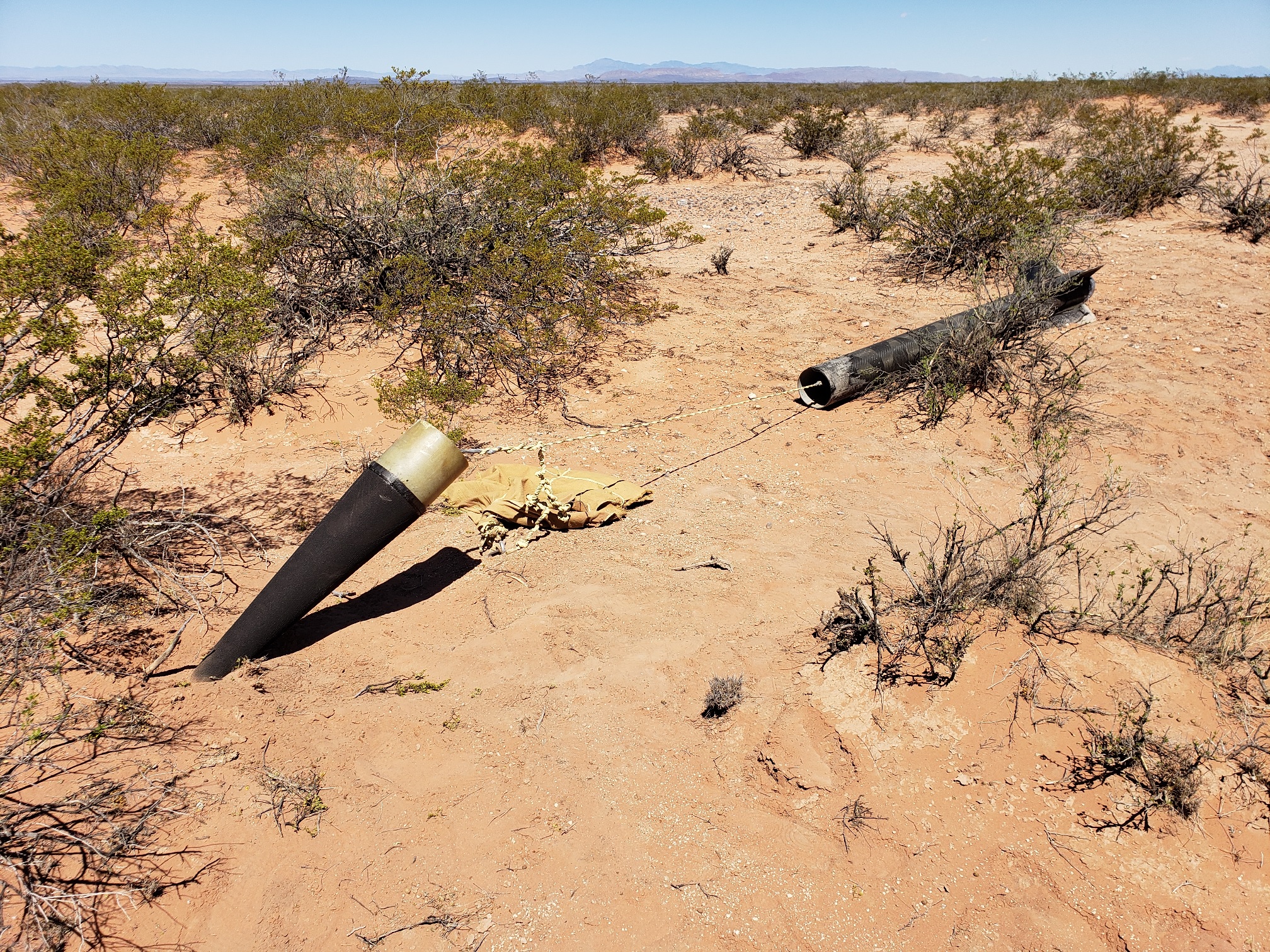
"[The achievement] makes Traveler IV the first entirely student-designed-and-built rocket to fly to space, as well as the highest flying such craft — doubling the previous altitude record — and the first university rocket to be successfully recovered from space," USC officials said in the statement.
More than 80 undergraduates participated in the rocket's design, construction and launch effort, which included receiving clearance from the Federal Aviation Administration for the launch. This was the university's fourth attempt to breach the boundary of space.
"After nearly 15 years and probably over a million hours of work, RPL has finally achieved its goal of being the first student group to launch the first student designed and built rocket past the Karman line," lead engineer Dennis Smalling, an astronautical engineer who graduated from USC this spring, said in the statement.
Breaking space news, the latest updates on rocket launches, skywatching events and more!
USC identified several other top contenders for first space shot, including Princeton University; the Massachusetts Institute of Technology; Boston University; the University of California, San Diego; the University of California, Berkeley; and Portland State University. International competitors included Delft University (Netherlands) and TU Vien (Austria).
- The Edge of Space Just Crept 12 Miles Closer to Earth
- Students Will Launch Rockets to the Edge of Space for $1 Million Prize
- Higher Education: USC's Student-Built Rocket Soars to Record Altitude
Follow Elizabeth Howell on Twitter @howellspace. Follow us on Twitter @Spacedotcom and on Facebook.

Elizabeth Howell (she/her), Ph.D., was a staff writer in the spaceflight channel between 2022 and 2024 specializing in Canadian space news. She was contributing writer for Space.com for 10 years from 2012 to 2024. Elizabeth's reporting includes multiple exclusives with the White House, leading world coverage about a lost-and-found space tomato on the International Space Station, witnessing five human spaceflight launches on two continents, flying parabolic, working inside a spacesuit, and participating in a simulated Mars mission. Her latest book, "Why Am I Taller?" (ECW Press, 2022) is co-written with astronaut Dave Williams.
